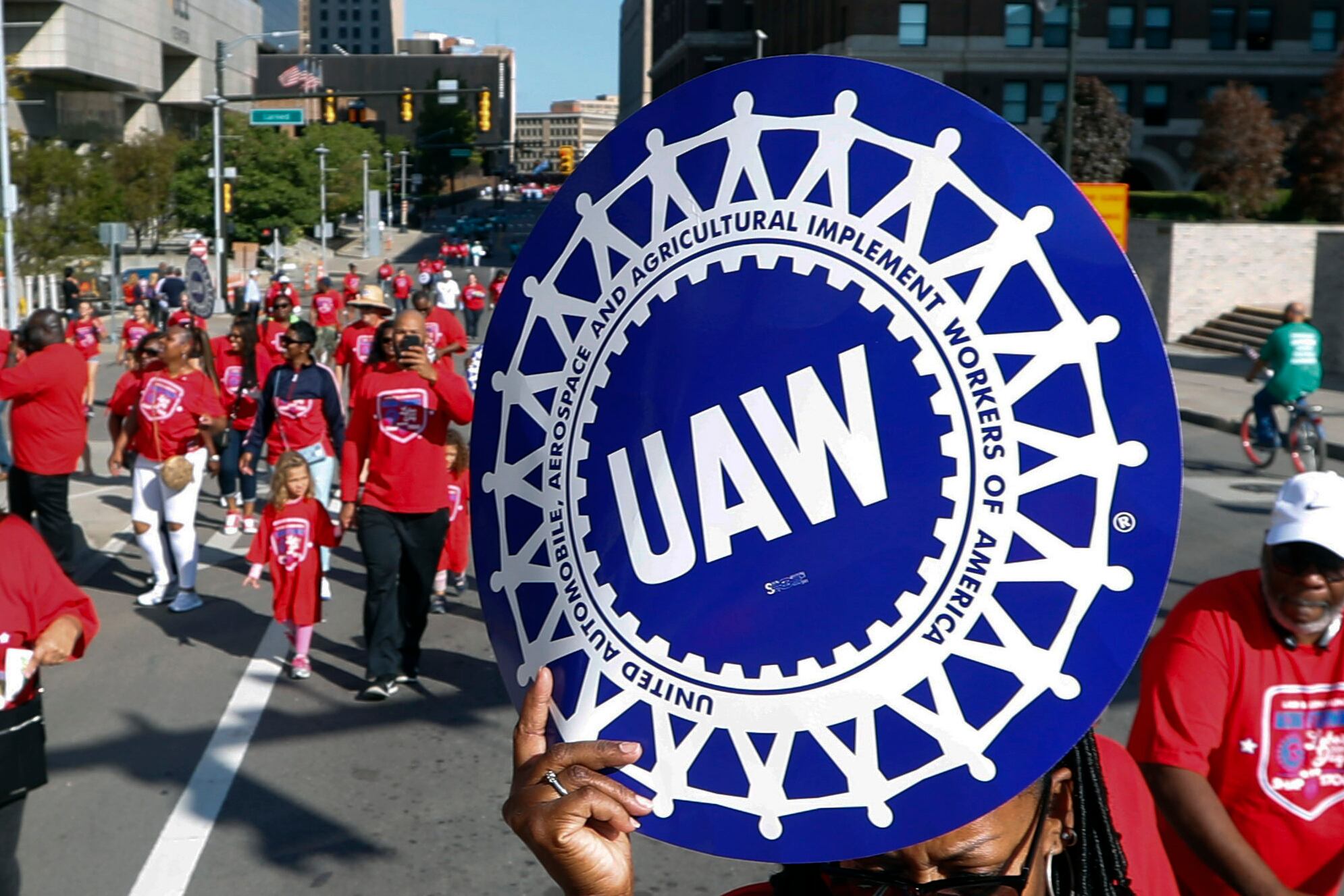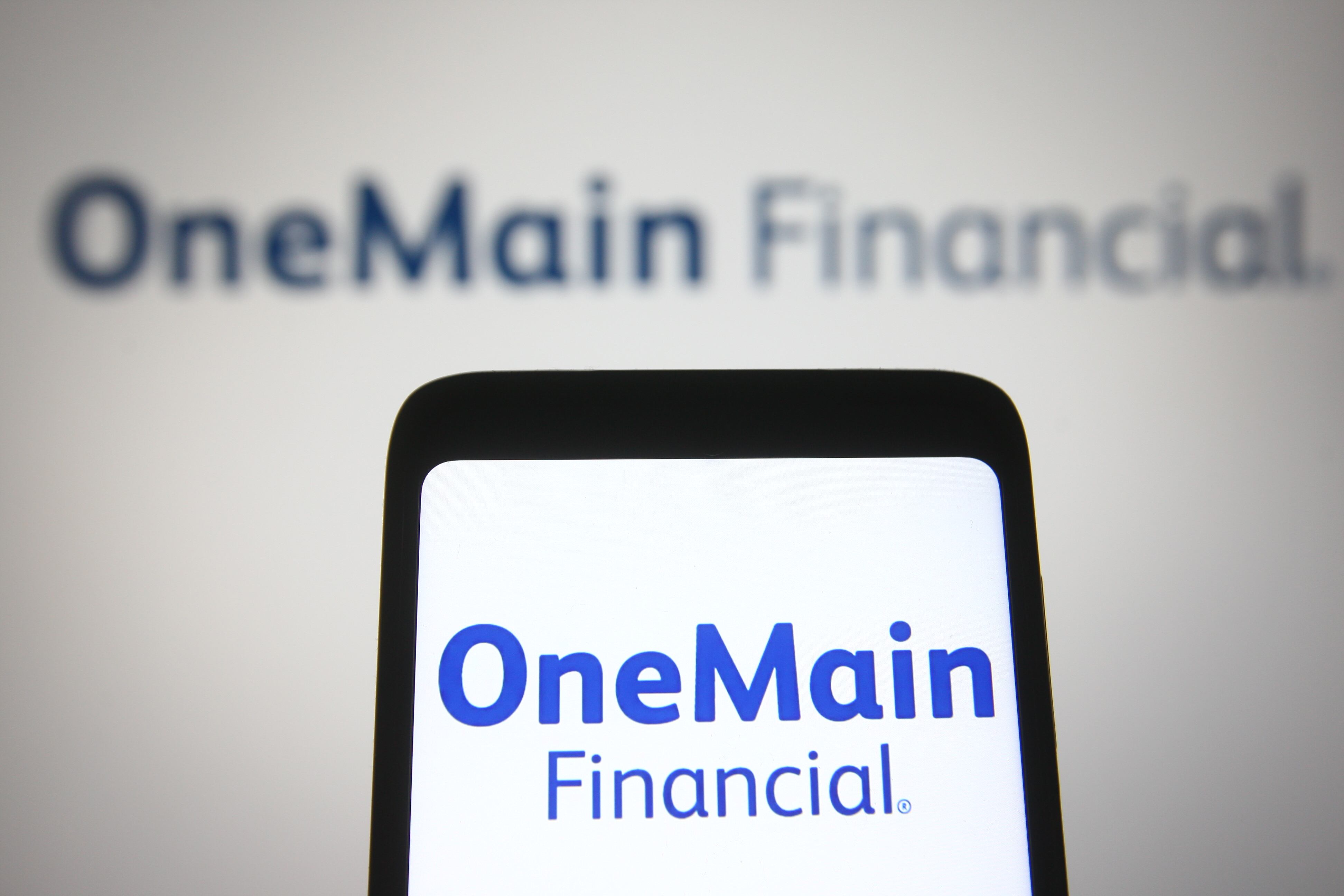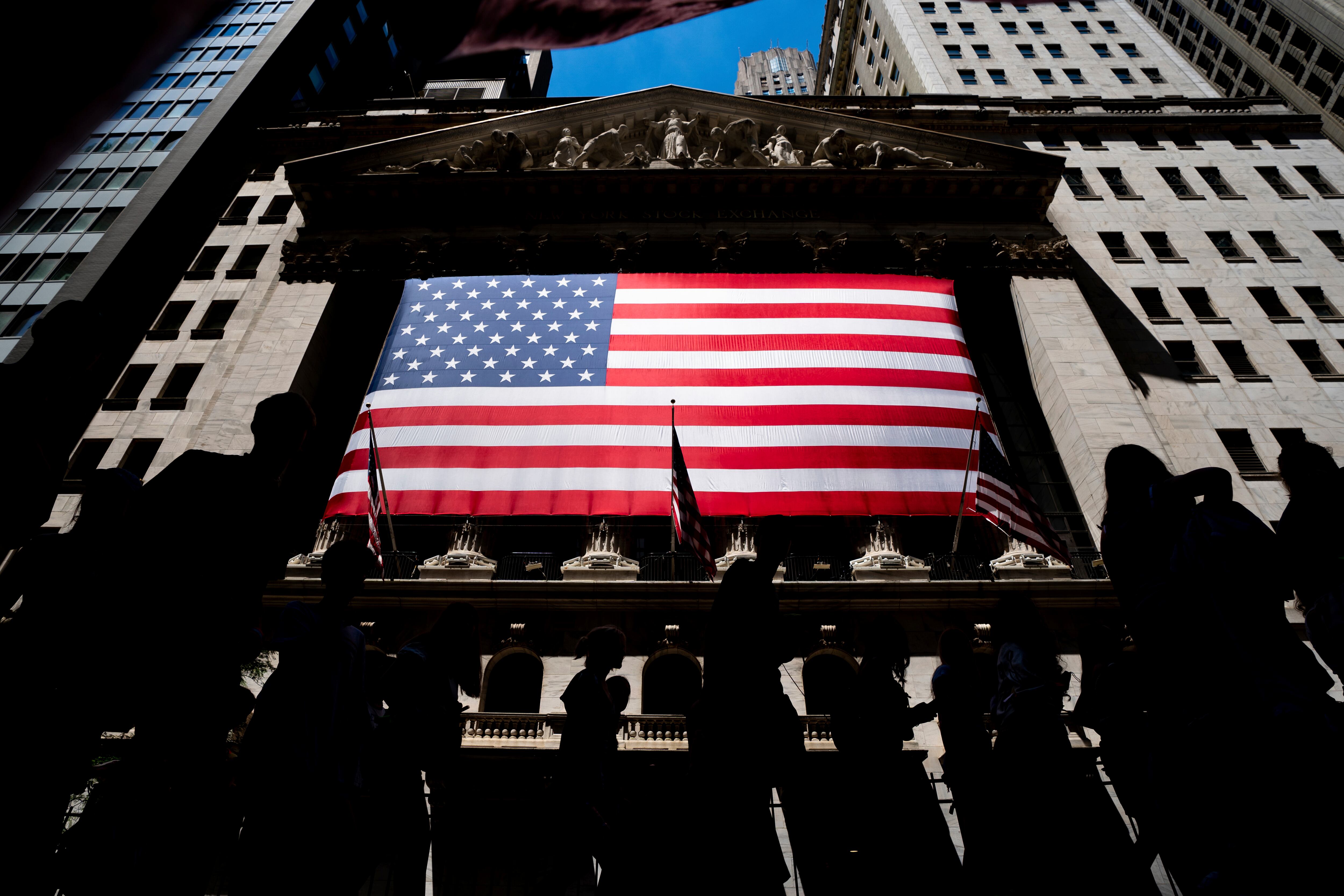Robinhood CEO Vlad Tenev called for real-time settlement of trades in a letter posted on the trading app's website on Tuesday.
"The existing two-day period to settle trades exposes investors and the industry to unnecessary risk and is ripe for change," he wrote.
Tenev said the current settlement period was part of the reason Robinhood curbed the buying of certain stocks last week amid a social media-fueled trading frenzy that pushed up the value of GameStop shares to meteoric heights.
The executive offered a similar explanation to Tesla CEO Elon Musk in a much-watched interview on the social media platform Clubhouse. Musk, who showed support for the Reddit community /WallStreetBets throughout the buying binge, grilled the executive about the restrictions.
In Tenev's view, what happened is that the clearinghouse deposit requirements skyrocketed as trading activity surged, creating a liquidity issue for the trading platform.
"The clearinghouse deposit requirements are designed to mitigate risk, but last week’s wild market activity showed that these requirements, coupled with an unnecessarily long settlement cycle, can have unintended consequences that introduce new risks," he wrote.
The settlement period was previously three days, meaning traders had that long to settle payments until the Securities and Exchange Commission shortened the period to two days back in 2017.
This likely won't be the end of Robinhood's attempts to reframe the narrative around last week's trade restrictions, which garnered widespread criticism from both lawmakers and internet personalities. Barstool Sports founder Dave Portnoy, for instance, has said he lost $700,000 because of the trading restrictions.
Tenev is expected to testify before a House committee on February 18 about the incident.
"Technology is the answer, not the oft-cited impediment," he wrote. "We believe it is important for all relevant stakeholders to convene in the near term to discuss the urgency and necessity of this issue."












